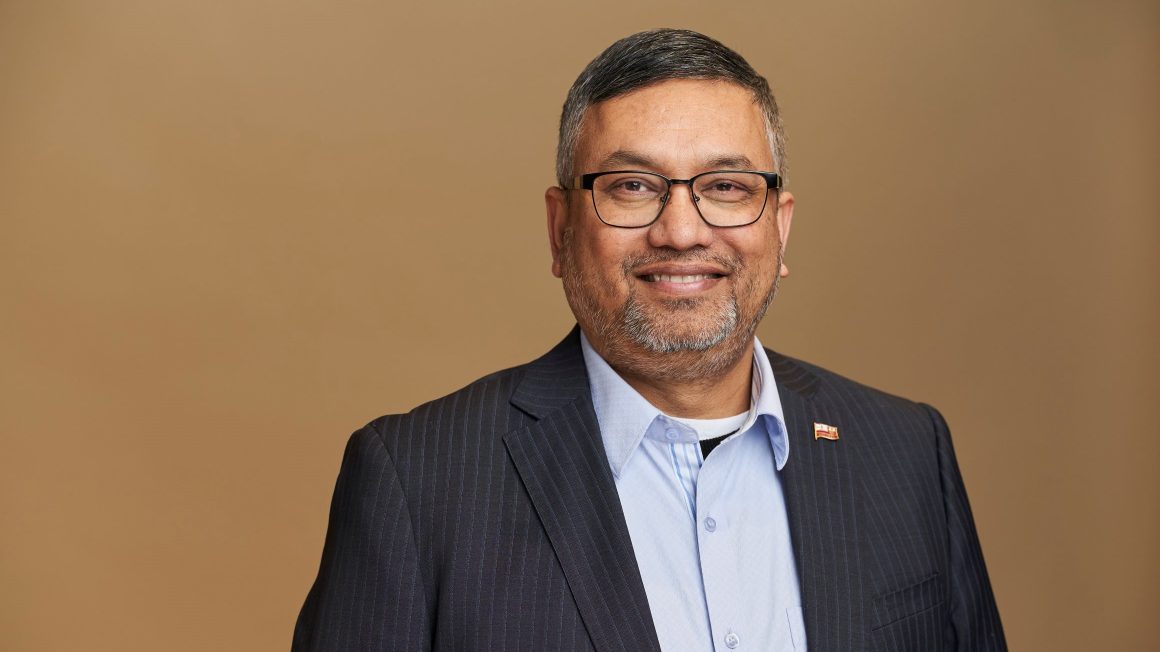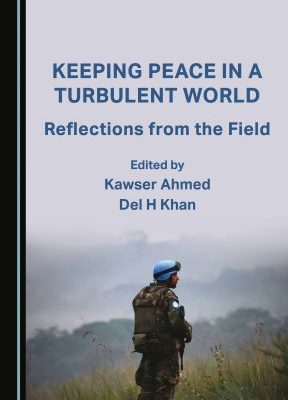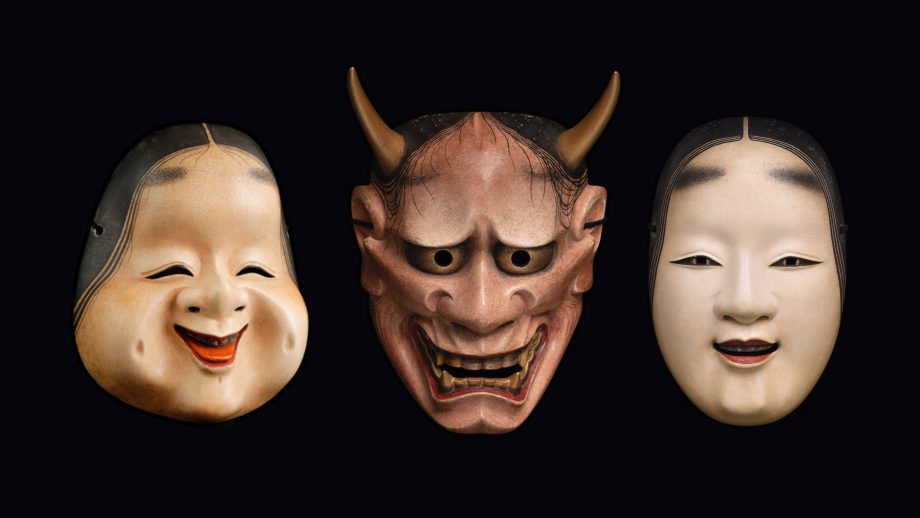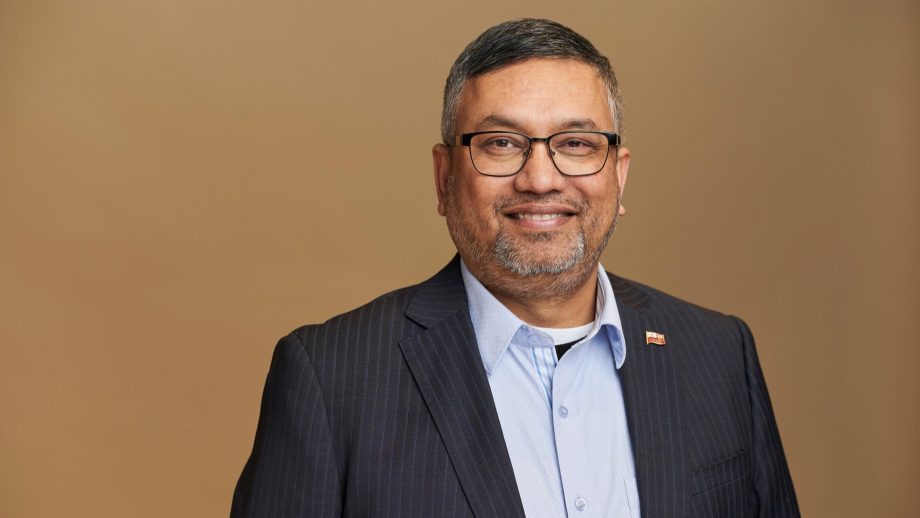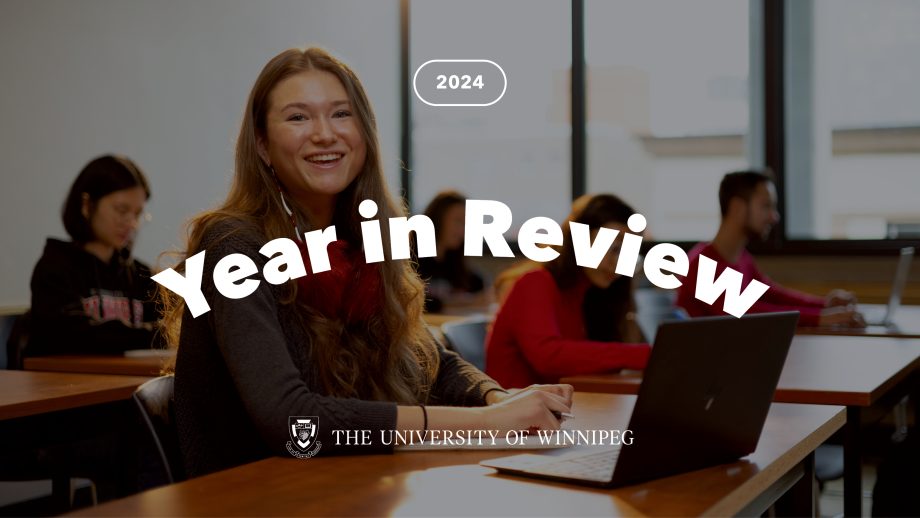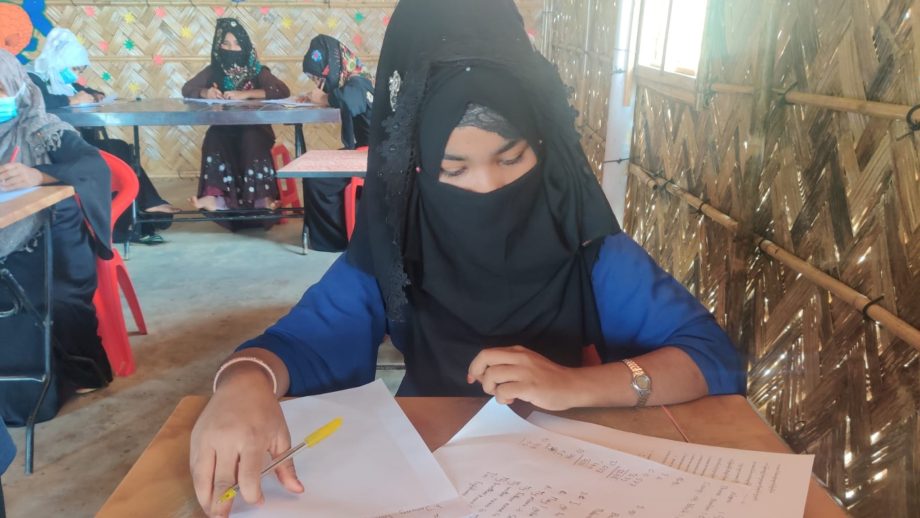Although University of Winnipeg adjunct political science professor, Dr. Kawser Ahmed, served in the Bangladesh military for 19 years, it was 13 months spent on a peacekeeping mission in MINURSO that opened his mind to new ways of thinking about conflict resolution. He hopes the experiences of 33 Bangladeshi and other United Nations (UN) peacekeepers found in the new book, Keeping Peace in a Turbulent World: Reflections from the Field, will help others see how conflict can be resolved nonviolently.
Through these stories, you’ll understand how peacekeeping operations are actually done on the ground.
Dr. KAWSER Ahmed
“Through these stories, which is the significant part of our book,” Dr. Ahmed said, “you’ll understand how peacekeeping operations are actually done on the ground, which is always in conjunction with the local population.”
Dr. Ahmed said peacekeeping missions differ from military missions because they must be consensually agreed upon and approved by the UN. As a research scholar in the area of peace and justice and the Executive Director for the Conflict and Resilience Research Institute Canada through UWinnipeg’s Global College, the UN is a platform he values highly.
“Whatever shortfalls it [UN] has, whatever critique we have for the UN, still that is the platform from which we wage peace in today’s world,” he said.
Dr. Ahmed also hopes the book will serve as a reminder that peacekeeping was a Canadian, Nobel Peace Prize-winning idea. And, although Canada’s peacekeeping efforts have significantly declined in recent decades, he hopes it will encourage people to think about Canada’s history as a peacekeeping nation.
“If somebody reads this book, they’ll have a fair bit of an idea of the Canadian heritage that we lost,” Dr. Ahmed said. “Simultaneously they will see that Bangladesh, a small, tiny, tiny nation, in comparison, one-fifth of the size of this province of Manitoba, has done outstanding in terms of carrying out the legacy of Canada.”
The book is divided into three parts. Through first-hand stories, the first section brings to life the extraordinary journeys of these peacekeepers, offering readers an intimate glimpse into the realities faced on the frontlines. The book then offers reflections and insights from Force Commanders of various missions. And the third section provides a critical analysis of aspects of the current UN peacekeeping operations model, including the details of Bangladesh’s peacekeeping-related activities and training.
Keeping Peace in a Turbulent World also references the works of the Canadian Peacekeeping Veterans Association.
A virtual book launch event is happening on February 6 at 8:30 p.m. (CST) and will be streaming on the Conflict and Resilience Research Institute’s YouTube and Facebook pages. Dr. Ahmed will be joined by some special guests, including Canada’s ambassador to the UN, the honorable Bob Rae, and the Bangladesh ambassador to Canada, Dr. Khalil Rahman.
The book, Keeping Peace in a Turbulent World: Reflections from the Field, is also available to purchase from Cambridge Press.

